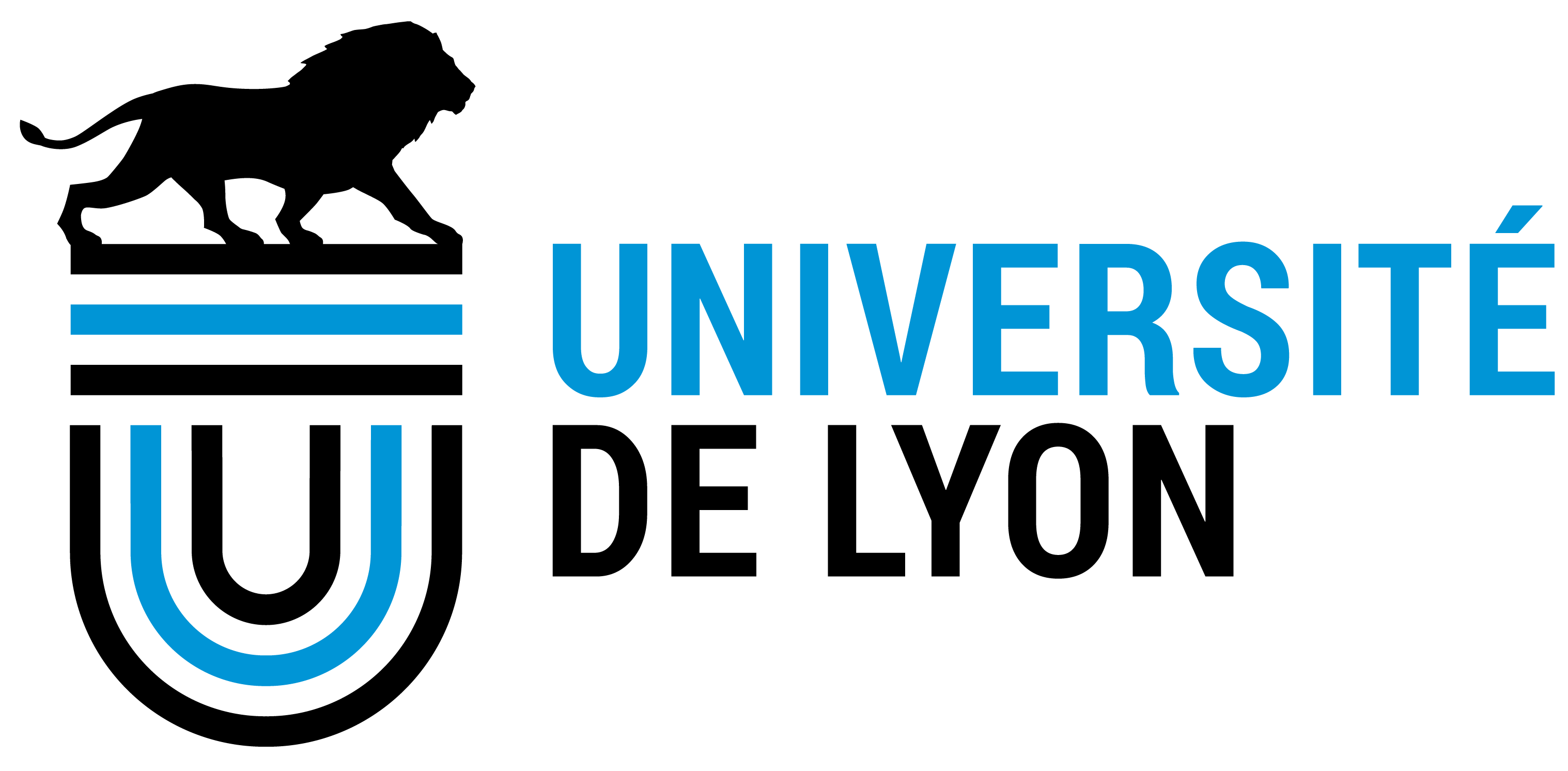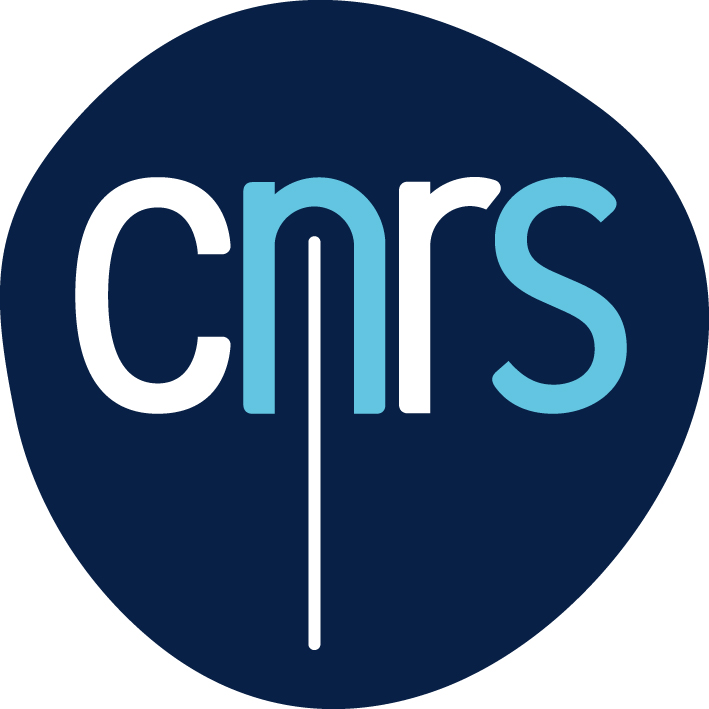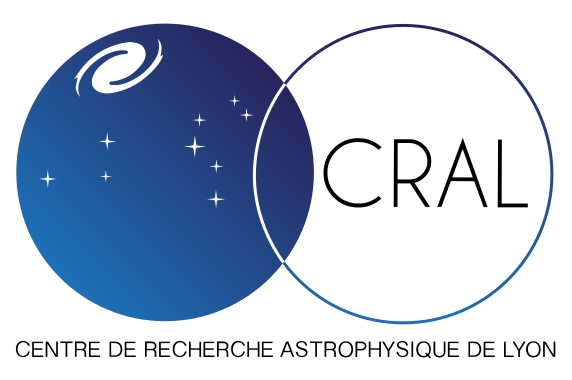Special Session SS24
24 June 2019
Fast Radio Bursts: recent results and focus for the future
Aims and scope
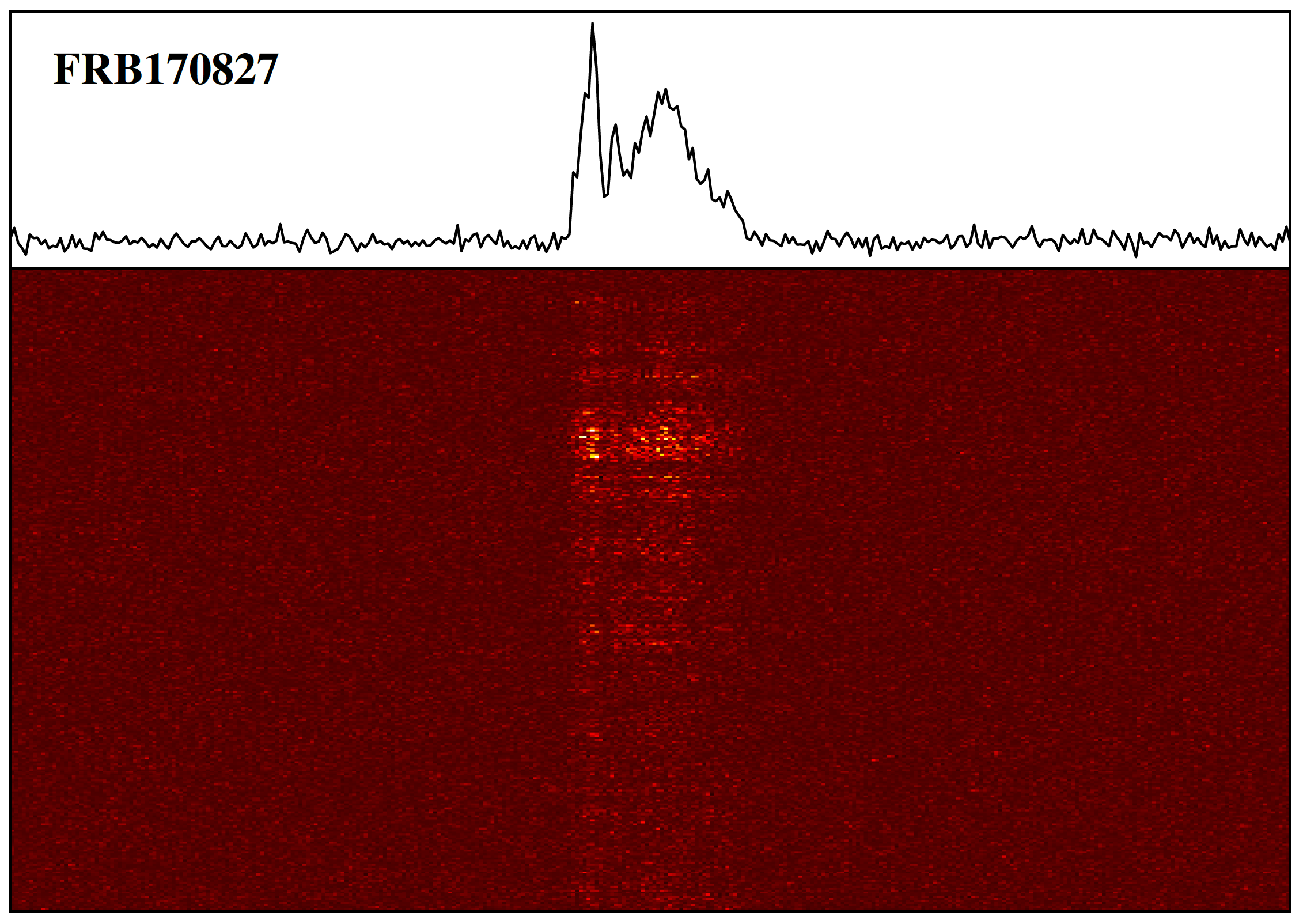 Throughout astronomical history, whenever something has gone bump in the night it has hinted at a new phenomenon, be it pulsars or gamma-ray bursts. One such phenomenon came to light in 2007 and has evolved into the class fast radio bursts, which comprises millisecond duration pulses of unknown origin. The field of fast radio bursts has slowly and increasingly garnered attention over the last decade. With the development of new instrumentation and software, we have now reached a point where radical changes in the field occur on timescales of a few months or so. As a result, the race to answer the fundamental questions of their nature/progenitors and spatial distribution is now increasingly gaining momentum. The aim of the symposium is to allow and facilitate the essential convergence of data and theory at this crucial time when the field is ever-changing.
Throughout astronomical history, whenever something has gone bump in the night it has hinted at a new phenomenon, be it pulsars or gamma-ray bursts. One such phenomenon came to light in 2007 and has evolved into the class fast radio bursts, which comprises millisecond duration pulses of unknown origin. The field of fast radio bursts has slowly and increasingly garnered attention over the last decade. With the development of new instrumentation and software, we have now reached a point where radical changes in the field occur on timescales of a few months or so. As a result, the race to answer the fundamental questions of their nature/progenitors and spatial distribution is now increasingly gaining momentum. The aim of the symposium is to allow and facilitate the essential convergence of data and theory at this crucial time when the field is ever-changing.
The goals of the meeting include the exchange of technical expertise to identify the best algorithms and implementations to find FRBs in real-time, the status of upgrades to upcoming facilities and instrumentation, discussions on recent results, individual peculiar FRBs and the population as a whole, and coordination of multi-wavelength follow-up strategies based on experiences over the last decade. Specific areas of research to be touched upon include:
Programme
- Results from FRB surveys: High to low frequencies
- How best to find FRBs?
- Recent upgrades to facilities and instrumentation
- Emission mechanisms and progenitor theories
- Are there multiple FRB populations?
- Multi-wavelength synergies and follow-up strategies
Invited speakers
- Yuri Lyubarsky (Ben-Gurion University)
- Cherry Ng (University of British Columbia)
- Emily Petroff (University of Amsterdam)
- Laura Spitler (Max Planck Institute fur Radioastronomie)
Scientific organisers
Manisha Caleb(University of Manchester, UK), Benjamin Stappers (University of Manchester, UK), Evan Keane (SKA/Jodrell Bank, UK), Anastasia Fialkov (University of Cambridge, UK), Liam Connor (ASTRON, The Netherlands)
Contact
Manisha Caleb (manisha.caleb @ manchester.ac.uk)
Updated on Wed Mar 20 11:23:35 CET 2019
|
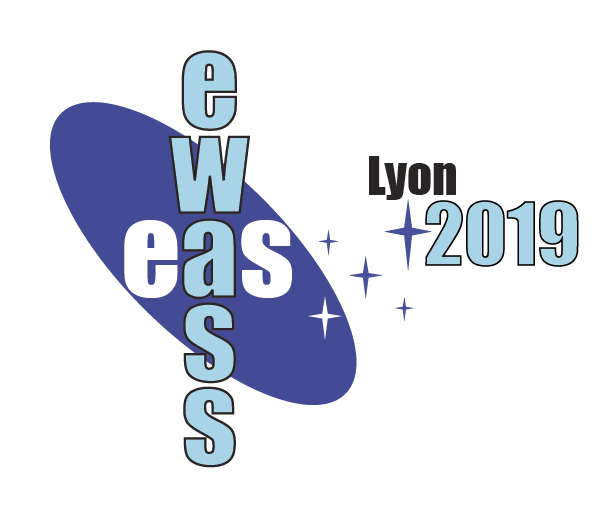
 A power cut will shut down all EAS services on Tuesday, 10 January 2017 starting at 7:30 CET.
A power cut will shut down all EAS services on Tuesday, 10 January 2017 starting at 7:30 CET.

